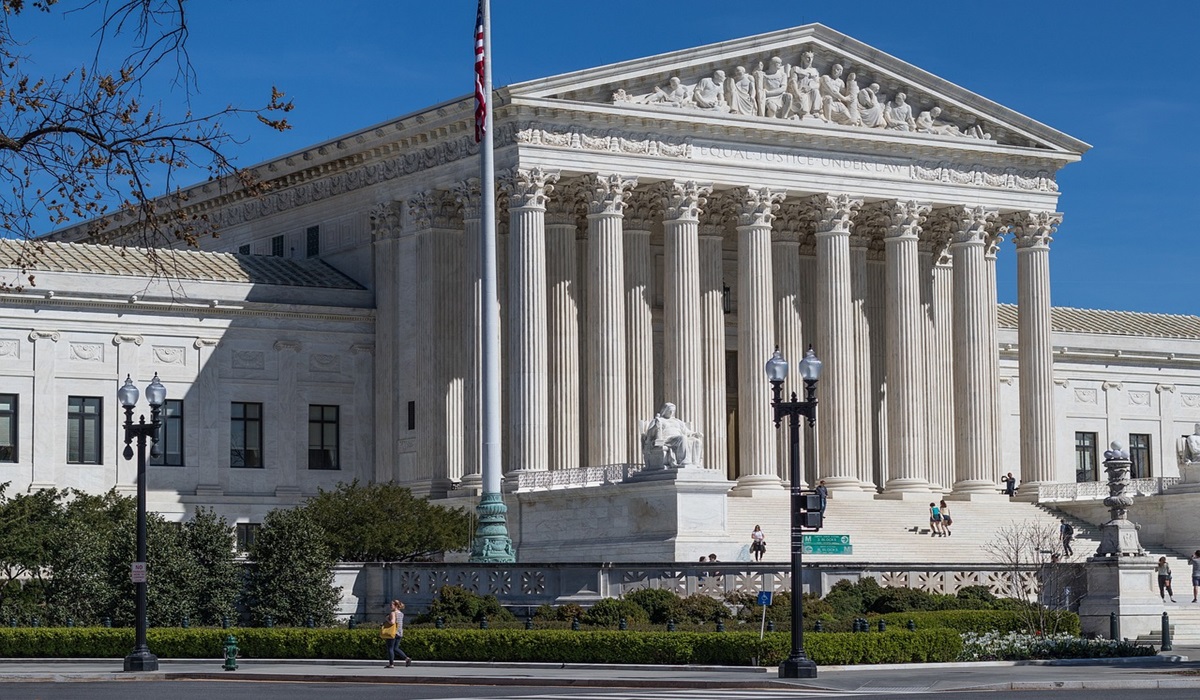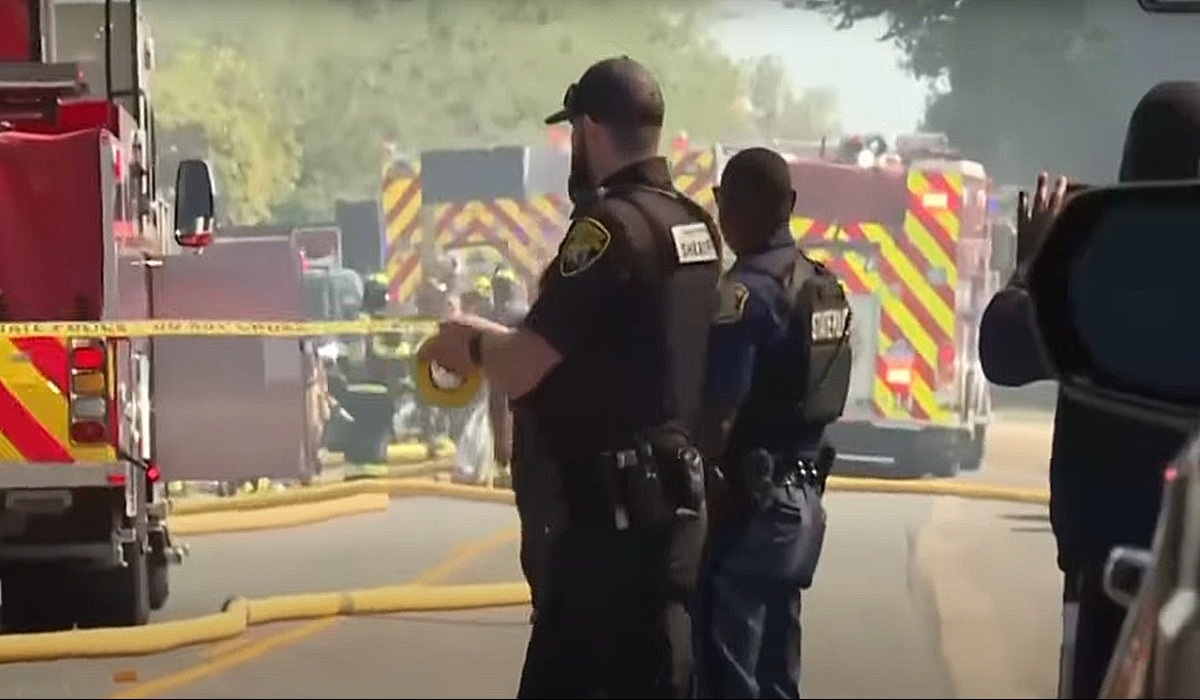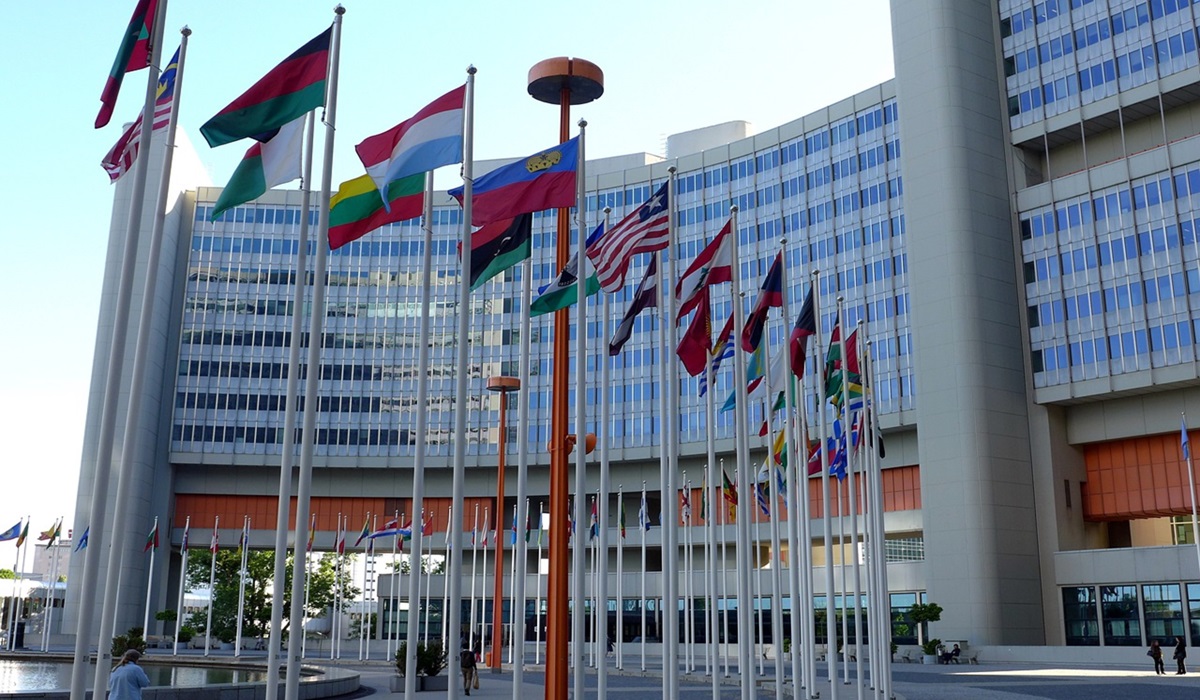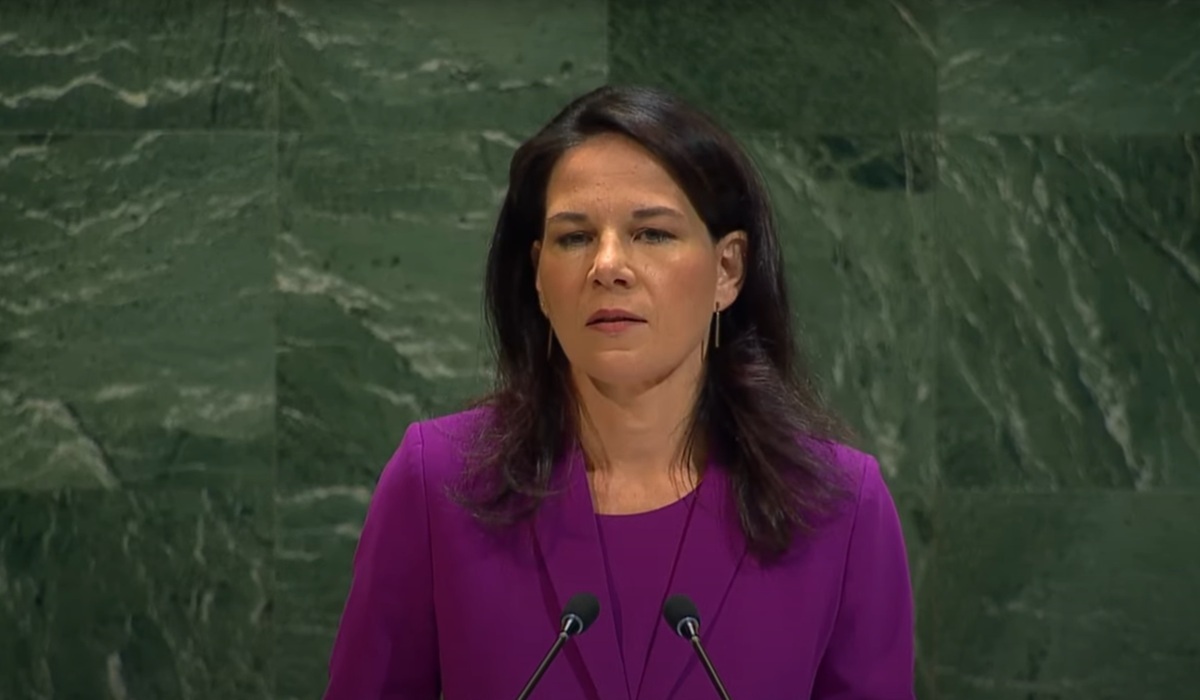Recognition with Conditions: The UK’s Calculated Embrace of Palestinian Statehood
- Ingrid Jones
- Breaking News
- July 29, 2025

British Prime Minister Keir Starmer has announced that the United Kingdom will recognize Palestine as a state by September, aligning the decision with the United Nations General Assembly. But in a move that many see as cautious, calculated, and even contradictory, he added a caveat: the recognition will only happen if Israel adheres to a ceasefire and shows progress toward a sustainable two-state solution.
“A ceasefire will put us on a path to the recognition of a Palestinian state and a two‑state solution which guarantees peace and security for Palestinians and Israelis,” Starmer said. He also affirmed that Palestinian statehood is “an inalienable right of the Palestinian people,” and that “statehood is a contribution to a proper peace process.” These statements arrive against the backdrop of some of the most haunting images to come out of the Middle East in recent memory—children dying of hunger, entire families erased in bombings, hospitals turned into gravesites, and entire neighborhoods reduced to rubble.
Starmer did not ignore the tragedy that struck Israel on October 7, when Hamas militants killed more than a thousand people, with others taken hostage in a sudden and brutal attack. He condemned the violence as terrorism. But while acknowledging the gravity of that day, he also made it clear that it cannot obscure the decades-long suffering of the Palestinian people. They have lived under occupation, siege, and military rule—displaced, disenfranchised, and dehumanized through every chapter of the region’s ongoing crisis.
Yet Starmer’s commitment is not without contradiction. While pledging to recognize Palestine, his government continues to materially support Israel’s military campaign. The United Kingdom has played a direct and significant role in the conflict, deploying British warships, planes, and intelligence to defend Israel. British fighter jets and naval forces have intercepted missiles and drones fired by groups deemed hostile to Israel, while the UK continues to supply munitions and strategic support. These actions, which have gone largely unacknowledged in public political discourse, form a very real part of the machinery that has helped prolong and intensify the destruction in Gaza.
Over 60,000 Palestinians have been killed since the war escalated in October. Starvation is no longer a looming threat—it is a documented fact. Entire populations in northern Gaza are living off animal feed, contaminated water, or nothing at all. Humanitarian aid is being delayed or blocked, and relief organizations have called the situation a deliberate form of collective punishment. In this context, recognition tied to a “ceasefire” seems like a hollow promise. Ceasefires in Gaza are almost always temporary, fragile, and easily broken. History has proven that they offer only fleeting relief before the bombs fall again.
Making Palestinian statehood contingent on a ceasefire, then, is not a neutral diplomatic position. It is, in effect, a way of deferring moral responsibility. Recognition of a people’s right to self-determination should not hinge on the decisions of another government—particularly one that has repeatedly dismissed any calls for a two-state solution. Israeli Prime Minister Benjamin Netanyahu has made it clear that his government has no interest in allowing a sovereign Palestinian state. His administration continues to expand settlements, tighten control over the West Bank, and enforce a brutal blockade in Gaza. Under these conditions, waiting for a sincere move toward peace from Netanyahu is not only unrealistic—it’s politically disingenuous.
Some European countries have already moved. France has stated its intention to recognize Palestine in September, with or without Israeli compliance. Ireland, Spain, Norway, and others have taken similar steps, with more nations likely to follow. Canada, however, has not made any formal announcement. Despite discussions and political pressure from some parties and citizens, the Canadian government has yet to declare a position on recognition and continues to walk a diplomatic tightrope, avoiding commitment while expressing concern about the humanitarian situation.
Starmer’s announcement, while bold in its language, is undermined by its condition. The language of recognition is important—it shifts the global conversation and places real diplomatic pressure on Israel. But the caveat signals that Palestinian rights are still being treated as negotiable, as something to be granted only when it suits Western diplomatic interests or aligns with Israeli compliance.
This is the deeper issue: Palestinian recognition should not be seen as a reward. It is not a prize to be handed out if conditions are met. It is a right—a birthright denied for generations—and its deferral, especially in the face of such catastrophic suffering, raises difficult questions about the West’s sincerity and complicity.
The UK’s promise to recognize Palestine may be a step forward in rhetoric. But actions speak louder than words, and in Gaza, the UK’s actions have been anything but neutral. As the world watches yet another chapter of unspeakable devastation unfold, the question is not whether Palestine should be recognized—it is why it continues to be delayed, debated, and diluted with conditions no one truly believes will be fulfilled.








